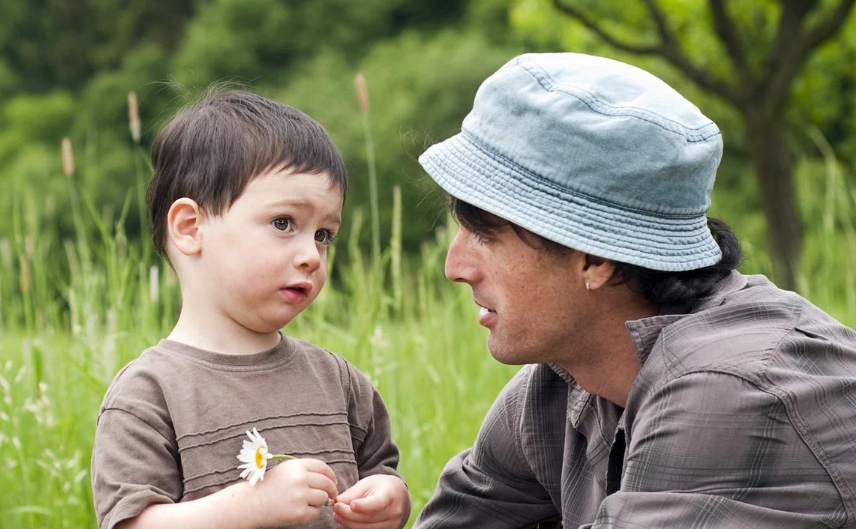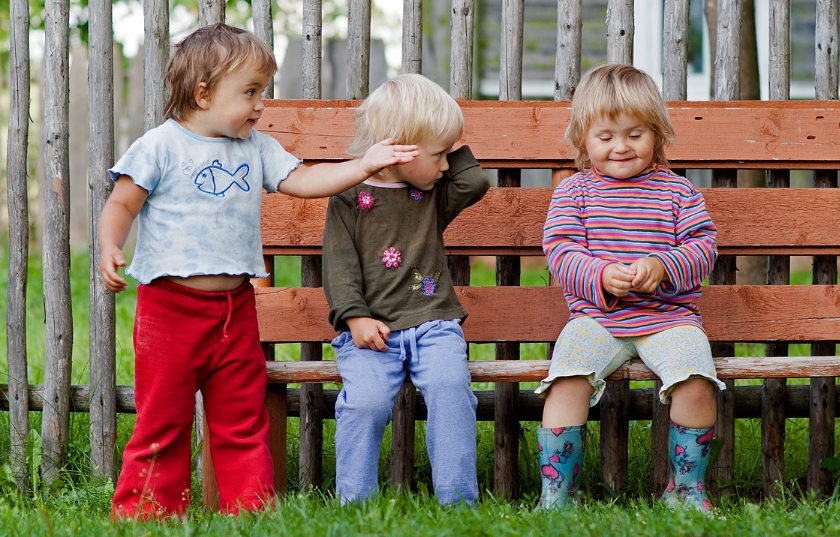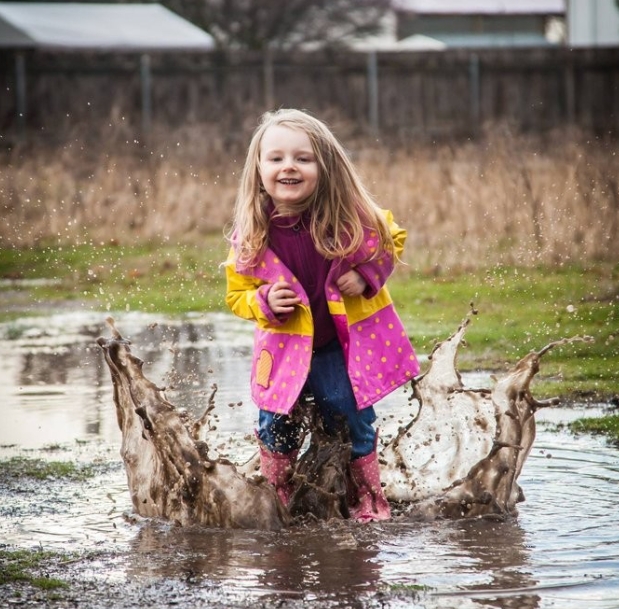Modern parents understand that the world of endless possibilities is a world in which you constantly need to make choices. How to develop in a child the skill of making independent decisions and teach him to be responsible for his choice? Montessori specialists at the Constellation Center have collected information about what decision making is and why your child should definitely master this skill.
What is decision making?
In the Middle Ages, a person was born with a predetermined fate in many respects: the son of a carpenter adopted the skills of his father, daughters from childhood were taught to take care of the household. People had many responsibilities and very few choices, so the main task of education was to explain to small people how big people live.
The modern world is something completely opposite, even at the age of fifteen, few people imagine the further development of their lives and careers, we really do not know what the world will be like even in a couple of years. In such a situation, teaching a child to live as his parents lived means isolating him in the past and dooming him to failure in adulthood.
The only thing we can give to our children is the ability to adapt to a changing life and the ability to quickly analyze the situation, as well as nurture in them inner confidence and adequate self-esteem.
The ability to make decisions is one of the most important qualities of a modern person. It consists of the ability to think critically and assess the situation, anticipate alternative outcomes and, based on them, choose the best behavioral strategies. It is thanks to this quality that the child will be able to find himself and gain control over fleeting desires and emotional outbursts.
How to teach a child to make decisions?
Surely we all had acquaintances who decided every little thing for the child, and then were very surprised that the grown-up child did not know what he wanted from life and spent all day sitting at the computer. The child learns to make decisions when he sees how others do it and has the opportunity to make choices and face their consequences. In its simplest form, the ability to make a decision is the accumulated life experience that the baby can correctly analyze and use to solve the current problem.
The ability to make decisions is an art, not an exact science, therefore there are no ready-made instructions on how to make the right choice, and the “right choice” itself does not exist, since it depends entirely on the values and goals of a particular person.
The task of parents gradually from the first years of life is to give the baby the opportunity to meet with elections, make decisions and experience the consequences, both pleasant and difficult, and not try to interfere in the process where you have already given the child the green light for independent decisions.
Helpful Notes for Parents
Undoubtedly, no one has the only right technology for raising children, but in our experience, it is these recommendations that allow parents of preschoolers to educate in them such qualities as responsibility, independence and the ability to think critically.
Replace punishment with the opportunity to survive unpleasant consequences

Of course, things that threaten the life of a child should not get in the way of the baby, but sometimes excessive protection from the outside world is detrimental to its development. Children are inquisitive, and this is what allows them to absorb knowledge like a sponge. Let them meet not only with positive, but also with negative experiences. Life lessons work much better than any punishments and lectures.
Even if you know the correct answer or the best way to resolve conflict in the sandbox, don’t interfere and let your child solve the problem on his own, unless he explicitly asks for your help. Knowing the child that he did something wrong will allow him to avoid mistakes in the future, when the situation will be much “mature” and more difficult.
Get to know your child and create a developing environment
What does the baby like? What is he avoiding? Try to always be “in contact” with the child, especially when he is changing so quickly. Watch his development and suggest new activities and topics for conversation that you think will be a meaningful life experience for the baby.
Give your child the opportunity to choose in all situations where possible: red or yellow T-shirt, pasta or buckwheat, tomato or cucumber, on the subway or on the tram. Even a simple environment where there is room for choice develops a child much better than the most newfangled toys.
Teach your child self-knowledge
Not all adults can boast that they deeply understand themselves and their desires, but happiness depends so much on the ability to listen to oneself. Help your child to discover and live positive and negative emotions, discuss the reasons for success and failure, teach your child to analyze his own state.
Have conversations with your baby

Who is your friend in kindergarten now? What activity was the most interesting? Why offended by the teacher? You do not have to be present at every event in the child’s life, but try to listen to what he tells you about. Talking with parents and discussing what is happening in life is the second most effective source of knowledge.
When speaking, try to ask open-ended questions that do not involve yes or no answers. Give your child time to think about the question and answer. It is also very useful to teach the baby to build hypotheses and learn to test them: “What do you think will happen if …?”, “How can this be tested?”.
Focus on the positive
We have written more than once that it is important to see the advantages in the child first of all, and only then, as far as possible, to work with the shortcomings. Even in the most difficult periods, when age-related crises turn a baby into a little monster, try to pay your attention and his attention to success.

Be an example
Don’t Raise Your Kids, Raise Yourself: Tell your toddler how you make decisions, starting with the simplest things, like why you wore a coat today when you were wearing a light jacket yesterday. Feel free to talk about your mistakes, for example, that you put on a light jacket and got very cold. Knowing that your parents are also living people brings a lot of relief and useful discoveries.
Be aware of your children’s surroundings
Until children reach the age of teenage rebellion, it is you who influence who they communicate with and how friends spend time together. Make acquaintances with interesting families with children of the same age, attend preschools that suit your spirit, be careful about choosing a school. This is how you create a circle of friends for your baby that you will not worry about in 10 years.
A properly organized environment and the habit of talking to a child allow you to raise an adult who knows how to set goals, analyze the situation, make informed decisions and draw conclusions. Although such skills can be called very “adult”, their development begins from the first years of life, and it is the parents who are responsible for their formation.
What activities teach children to make decisions?
Far from all experience the child collects on the basis of real life. Exposure to fiction and cinema, as well as play activities, are essential sources of experience for children of all ages.
Reading and discussing books
From the very young, children are able to experience the heroes of the works and put themselves in their place, so the experience of book heroes is very important for the development of children. Reading alone is not enough, it is very important to take the time to discuss what you read: what would happen if, why what happened, what happened, how the child would act in the place of the heroes. There can be countless formats, the main thing is that the child is really “hooked” by what they read.
Role-playing games

Fantasizing and role-playing are the most important part of the harmonious development of children. Playing the role of a superhero saving the world, pretending to be a doctor or an animal trainer, all of these activities empower children to try themselves in other people’s shoes. Role-playing games develop in children a deeper understanding of other people, as well as the ability to analyze the situation and make decisions in accordance with the nature of the game.
Board games
Board games are another great opportunity to experiment with decisions and their consequences. Games in the family circle strengthen relations between relatives, introduce the child to the need for rules, develop memory, attention and thinking, learn to analyze the course of the game and choose the best outcomes.
Independent games with peers
From the first sandbox games to team sports, solo play with peers is a huge resource for community experiences, especially if all parents have a hands-off policy. In the game, children learn the rules and the consequences of their violations, learn to build a game strategy and use allies, find ways to predict the behavior of opponents, and also gain the first experience of overcoming conflicts.
Conclusions
A variety of life experiences and the help of an adult in understanding it is the basis for the formation of decision-making skills. Children who are used to fulfilling specific parental requirements and do not have the opportunity to gain real life experience are often unable to make independent decisions and become led by the majority, which can negatively affect their fate. That is why it is so important from the earliest years to educate children in the skills of independent analysis of information and decision-making.
